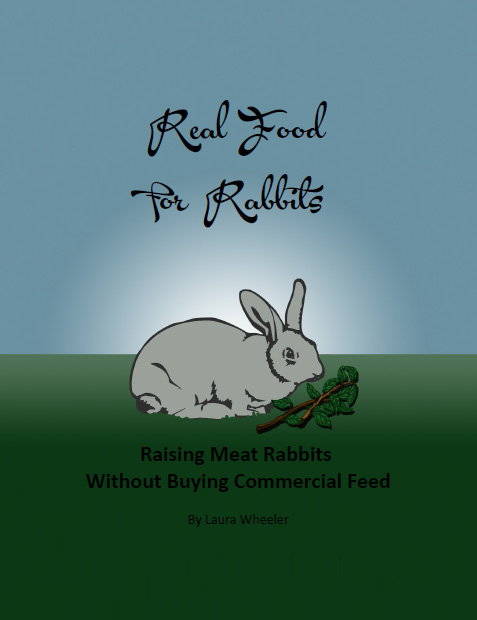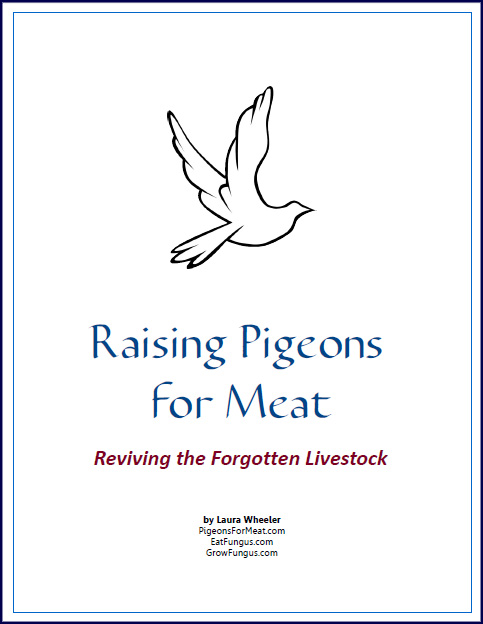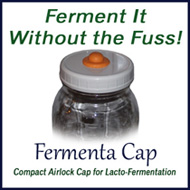Geese
Shetland
A little goose from a little group of islands known for breeding small but self-sufficient livestock. Shetland geese are scrappy, hardy, active in their manner, and will forage busily to feed themselves if given half decent land on which to feed. They'll even forage through snow.
This is the one goose in our lineup that flies, so take that into account when creating pens or pastures. They also herd well (no dogs or they'll spook and fly!) when in a familiar setting and in a recognized routine, so they'll rotate from pasture to pasture easily once the flock is established.
A breed that retains more natural traits, they will go broody after they've laid a sizeable clutch of eggs, and are determined parents. Shetlands should be kept in even numbers between males and females because they will form strong pairbonds and don't do well if they are not allowed to be monogamous.
Shetlands are also auto-sexing, with the females having a saddleback pattern of darker colors, and the males being mostly white.
They are the cutest of all geese, having a rounded body, and petite size, and a curious look. They can be quite friendly when worked with regularly.
- Type - meat
- Size - Light
- Production Capacity - moderate number of eggs, and good meat with healthy fat
- Special Features - auto-sexing breed that is very independent
- Best for Farms - great if you need a forager that is self-sufficient and retains the ability to raise their own young
- Eggs, Milk, Meat Features - large white eggs, tasty meat
- Other Products - some market for down and feathers
- Historic or Contemporary Significance - one of the smallest of goose breeds, well worth considering for smaller farms
- Housing and Space Requirement - require space to move around, but they are smaller than other breeds so their housing can be somewhat smaller.
- Regional Adaptations - well adapted to harsh weather and humidity, adaptable to other conditions
- Feed Requirement - this breed needs fresh foods, and benefits from increased yellow veggies for vitamin A, and from either wheat germ or flax seed
- Other Considerations - May be more difficult to locate breeding stock for this breed in the US, but is worth the trouble and expense.
A NOTE ABOUT GEESE:
Geese are typically herbivores, and they require water where they can access it, both to wet their bills, and to keep themselves clean and neat. A kiddie pool is usually sufficient.
While geese are GENERALLY herbivores, some breeds do eat insects, and I knew an old man when I was a child, who kept geese to keep the slugs out of his grape vines. These traits vary breed to breed, and I do not know what breed he kept (my mother says they were probably Embden).
Geese lay fewer eggs than ducks do, being seasonal breeders and layers. Males may be aggressive. Even normally mild mannered males may turn aggressive during breeding season and while parenting young. They are not exhibiting unwanted behaviors - these are the instincts that allow them to survive, and you really do WANT them to show these behaviors because they are defensive, and also mean they will be more defensive with predators. Let the geese do what they do well, and stay out of their way when they have babies, and you and they will get along better.
Some geese will form pair bonds for life, but a single male may also mate with several females in a colony situation. Too many males, and things get kind of rough. But I am not sure that colony breeding is best either. When given sufficient space, geese are generally territorial, and that has a great benefit for the young, because when geese form pairbonds, the young benefit from the care of both parents. We tend to favor a single goose and gander in each run and housing setup - in combination with other types of poultry (in this way, we can control breeding bloodlines without having to have separate housing and runs for single pairs of birds). Geese can co-exist with ducks, chickens, and pigeons, but do not do well with Turkeys since both tend to be territorial and have similar defensiveness in breeding seasons. Whether in a colony, or stacked with other poultry, be sure to give them sufficient room to BE territorial over their nesting and breeding areas.
Geese breeds have not been corrupted for show purposes as much as some other birds, but neither have they been bred to maintain strong utility traits. Many are extremely good utility animals anyway, though productivity will be affected somewhat by bloodlines, and production run geese from a large hatchery are rarely sorted for quality. You'll have to over-order and sort for good breeders if you need to order geese that way, and send the surplus off to freezer camp.
Geese can be good watch animals, but not against canine predators or weasels. They need to be trained to come in at night to keep your goslings safe if you are breeding them.
To use them for weeder geese, you'll need to train them from the time they are young, to eat the weeds you want them to go after, and then they cannot be loosed in a garden where there are tender young greens, or they will gobble them instead of the weeds you want them to eat. Without training, they will go after grasses, and some other choice weeds, but not all the things you want.
When needing to improve fertility or health, wheat germ or flax seed may be added to their diet (whole wheat also works), and the addition of yellow veggies can be helpful. You can feed them on garden scraps also, but this is not a good idea if you want to use them for weeding in a garden. Personally, I'll give up having them weed the garden, in favor of making it easier to keep them fed with good and wholesome food.
Goose eggs are good to eat, but they are kind of rubbery when boiled. In baking, they are kind of like a more durable duck egg - they hold cakes and muffins up well, and make good meringues. My mother liked to pickle them - this monster boiled egg, pickled in the brine from a jar of pickled beets. One egg went around to several people - slices of bright fuschia egg with deep yellow yolk. Since pickling eggs makes them rubberier to begin with, you didn't notice the increased firmness in the goose egg as much when it was pickled.
Geese come in many sizes, and the largest are large indeed - comparing with turkeys. The smaller ones are not much bigger than a large chicken. Fighting geese, and geese that are excessively rare are not included in these listings.
A single goose and gander were traditional on old farms, and they produced a clutch of eggs every year from which that year's butchering geese were grown. This is still sufficient for most homesteads. Only those farms wishing to sell livestock, meat birds, or hatching eggs need worry about where to contain multiple breeding pairs.
 Click to Download Your Free Heritage Pickling and Culturing e-Book Now!
Click to Download Your Free Heritage Pickling and Culturing e-Book Now!
Instant Download, NO Registration Required!






